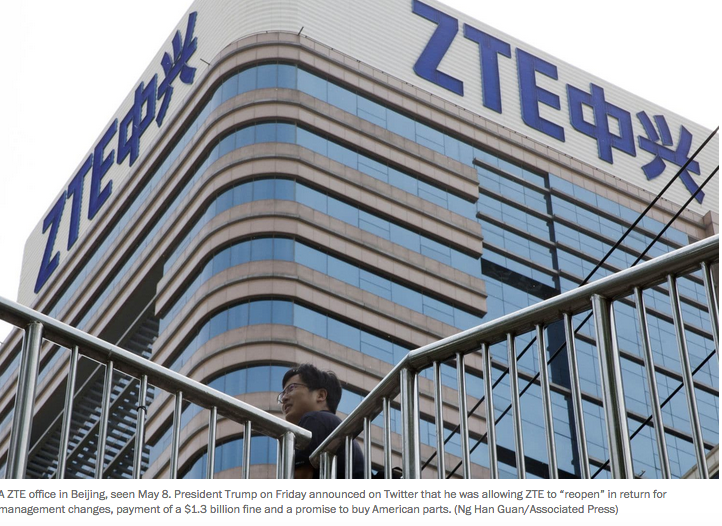President Trump is merging his national security and trade goals in a blur of tactical improvisation that risks alienating U.S. allies and opening American businesses to costly retaliation, according to several Republican lawmakers, business executives and former U.S. officials.
The president last week initiated a Commerce Department investigation that could lead to tariffs of up to 25 percent on foreign cars, arguing that a flood of imports had eroded the nation’s manufacturing base and threatened the nation’s security.
The potential auto tariffs — which would hit Mexico, Canada, Japan and Germany hardest — are the latest sign of the president’s fluid approach to national and economic security that has left allies and adversaries baffled over U.S. intentions, according to foreign diplomats.
The proposal has irritated close allies such as Germany and Britain while inviting demands for similar protection from an ever-expanding list of U.S. industries.
The president holds an expansive view of national security, describing imported products like steel or passenger sedans as worrisome threats to the United States. Yet he also engages in freewheeling bargaining that treats vital strategic considerations as the equivalent of commercial factors, leaving negotiating partners unsure of his true priorities.




